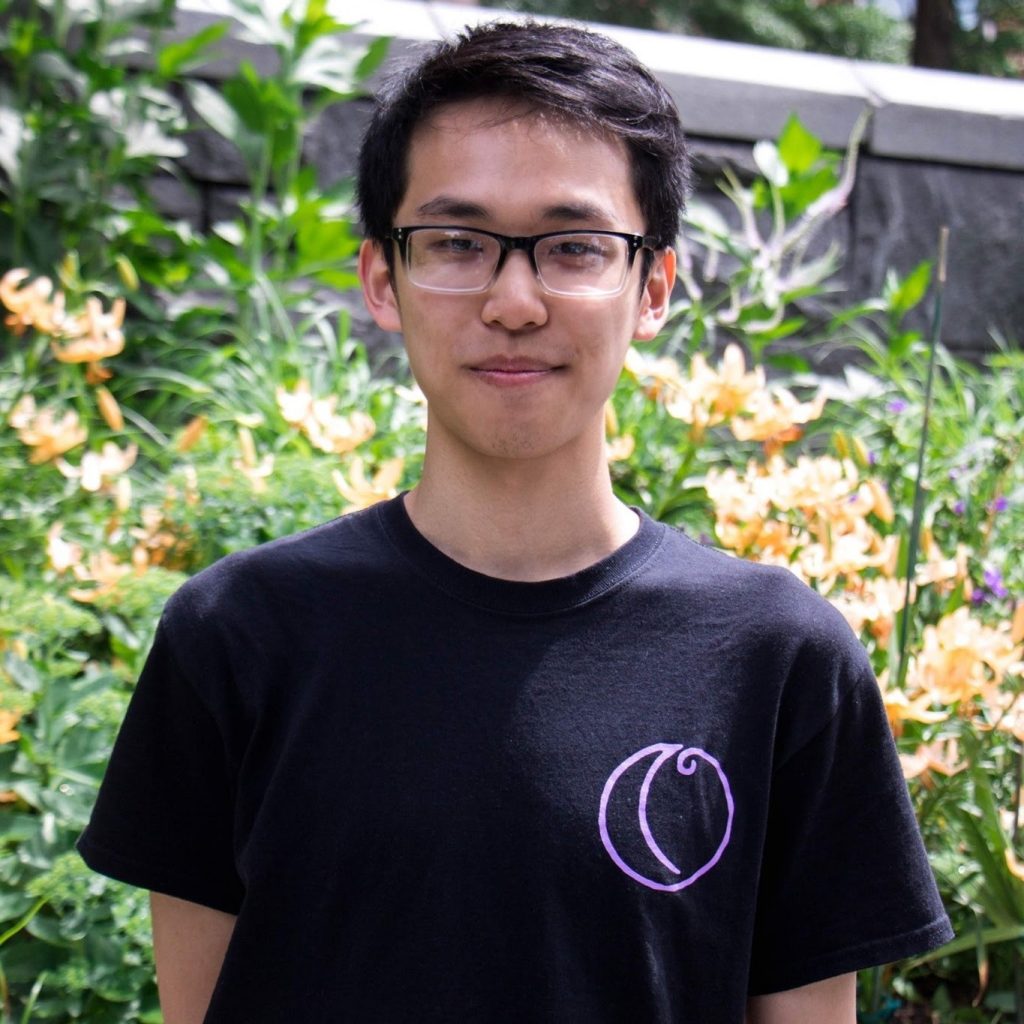Social Impact Internships: Jason Lin (’23)
My Experience Interacting with Educational Inequity

Ever since high school, educational inequity was something that I was never really comfortable talking about. It wasn’t that I was against providing underrepresented students with quality education, but more along the lines of not knowing enough about the issue to feel like I can contribute to the conversation. This summer, I had the opportunity to work as a software engineer intern at Almost Fun, a non-profit organization dedicated to empowering marginalized students with resources to help build mastery. Currently, Almost Fun is tackling this public issue by creating a supplementary library of free math lessons. Because many low income and students of color go to schools that are underfunded, their quality of education is much lower than schools in other, more affluent neighborhoods. By providing those students with these lessons, which are designed to be culturally responsive and backed by research, Almost Fun strives to give those students a different perspective on math concepts which can help them succeed in math and life.
In order to create these lessons, the content creation team comes up with the specifications for the structure, flow, and wording of the lesson. Then, as part of the software engineering team, I turn the specifications into interactive features on a website page which includes animations, lesson-specific calculators, and practice problems. On top of creating lessons, every week we openly discuss different issues related to education or inequity.
Through these discussions, I have become more aware and knowledgeable about the problems with education not only in the US, but also within the school system that I grew up in. One of the topics that we discussed was about specialized high schools in New York City and the corresponding entrance exam for these schools, the SHSAT. While I was in high school, I always heard about people wanting to remove the exam as an acceptance criteria because of how it seemed biased against Black and Latino students. I was surprised to learn during our discussions that the exam was designed to be unbiased and that there were a variety of other factors, like the removal of gifted programs from schools, which caused admission rates to change drastically. It is discussions like these which make me feel more ready to participate in the ongoing conversation about educational inequity and more prepared to come up with solutions for these issues.
Working at this internship has also shown me how it is like to create software in the real world. Within this summer alone, I have been exposed to many new tools and frameworks that I have not seen before. What struck me was how I was able to apply many of the principles that I have learned in my software construction class. I saw myself thinking about edge cases for tests, creating modular components that can be reused, and writing code that is easy to understand. I now feel more confident in my software engineering and communication skills.
Participating in this social impact internship has opened my eyes to the different types of opportunities that I have as a software engineer. I don’t necessarily have to land a dream job at a big tech company. The thing that matters the most is the knowledge and skills that I have and the impact that I can create with it.
Tags: Education, K-12 Education, Social Impact Internships, Social Impact Internships Summer 2021, Tech for Good
